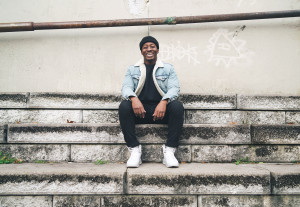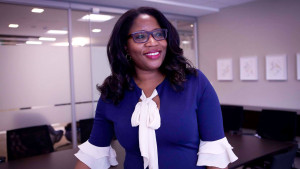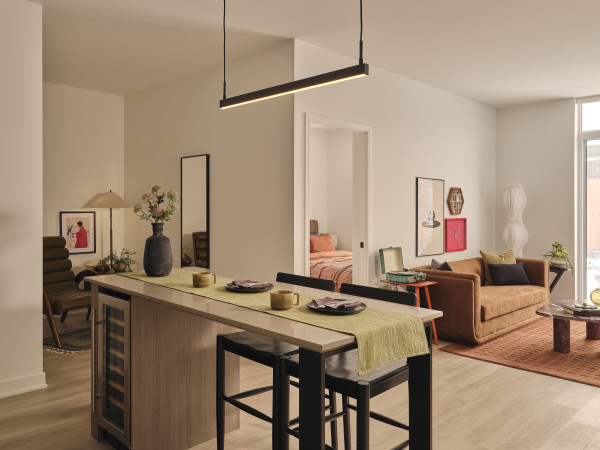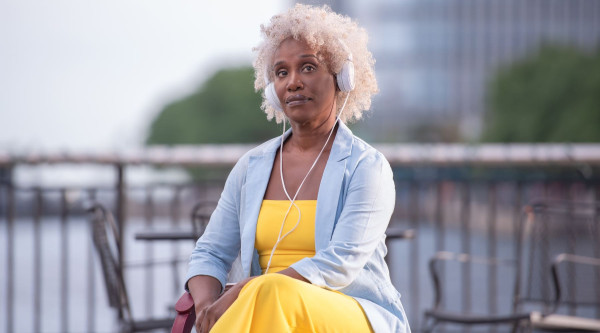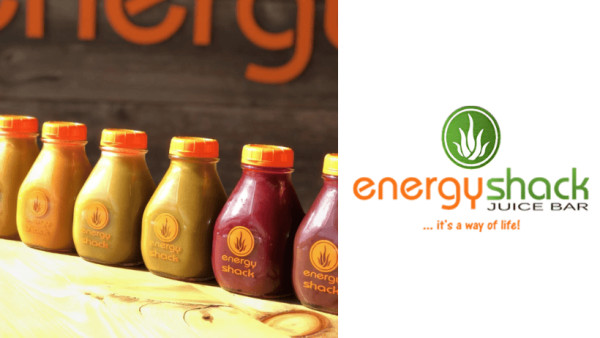The channel has since racked up over 5 million views and 50,0000 subscribers, earned sponsorships from Uber Eats and Hennesy and featured some of the biggest names in politics and entertainment.
But Gonez isn’t satisfied with this level of success. He and his company, Gonez Media, are looking to write the next chapter in Toronto’s NOW Magazine’s storied history. Earlier this year, they acquired the alternative weekly’s digital assets and relaunched NOW in a digital-only format. The move made Gonez one of only a handful of Black owners of a Canadian media publication, but it wasn’t without controversy.
NOW’s parent company, Media Central Corporation (MCC) Inc., filed for bankruptcy last spring and left NOW employees and contributors without pay for weeks. People have criticized the deal because the purchase included NOW’s IP address and archives but not the legal obligation to repay MCC’s debts or backpay contributors because the purchase was only for the digital platform.
I spoke to Gonez in late February about NOW’s past and future, The Brandon Gonez Show and how they’ve changed his life.
How does it feel to be one of the few Black owners of a Canadian publication?
I don't think about it too much because we're so laser-focused on producing good content, good journalism, and continuing our storytelling. But when you make a statement like that, it emphasizes how wild that is. In a country like ours, it shouldn't be this way. I'm happy we're part of the change because we need a more diverse range of voices and ownership, but it’s still a shocker to me.
What kind of feedback have you heard from people who watch the show or who’ve been interviewed?
It's been overwhelmingly positive. People say, “You break it down for us; you make it accessible.” That’s exactly what we wanted, to make information and stories accessible and meet people where they are. So I love when people say things like that. Or when someone says “You guys were the first ones talking about this story,” like last summer’s migrant workers' story.
This is why we do what we do because if we didn't, we wouldn’t know if other outlets would’ve picked up that story. This is the power of when our community says we're going to support something, we're going to uplift this, and we're going to stand together to make sure it’s successful. That's been amazing to witness.
I’m impressed that in two years, you’ve had at least two 1-on-1 interviews with the Prime Minister and other high-profile politicians. What does that say about your show?
It says we've worked hard to build this, so it’s no longer just a show but a platform. We live on every social platform; our reach is immense, and our views are high. It says that people are watching and that this is a trusted place where we can have quality conversations that you can't traditionally have on traditional outlets. For politicians, in particular, they want that; they don't want just a 15-second sound bite of a complex issue. They want to dive deeper and explain their thinking, how they got there, and why it's important. So it's refreshing not just for the audience but for the decision-makers too.
With that, have you felt a weight or responsibility that you have this platform and access to these people, having meaningful conversations at a critical time?
We feel the weight every day. As our platform grows, we realize we have a bigger responsibility, but we never forget the mission statement that guides us and keeps us grounded. So, no matter how big we get, some things will never change. We know why we started this and who we represent, and that's what we will continue doing. We just have to challenge ourselves to be better every day.
Not every day will be perfect. Some days, we’ll make mistakes, and we must own that. But in owning that, I believe people will see us for who we are, and they afford us grace that when we do make a mistake, they’ll come back and trust that we’ll deliver and be better. That’s who I am as a person; I never said I'm perfect; I’m a man with flaws. But one thing I will do every day is to try to be better.
What are your memories and interactions with NOW growing up in Toronto?
The first time I took the subway, I remember seeing NOW, and it always had this cool factor. It wasn't the Toronto Star; it wasn't the Globe and Mail; it didn't seem stiff; it was always on the cutting edge. I remember their building downtown with the big logo on the side; just wow.
I vibed with it, and that stuck with me. That's what made NOW so special is that it was what Toronto was, not what Toronto was trying to be. It helped so many artists and the culture in the city; the fact it was at risk of being gone forever didn't sit right with me. I'm sure it didn't sit right with a lot of people.
NOW is more than 40 years old. It carved a lane for itself; it was a disruptor in the space, like what we’re doing with The BG Show. The fibre of both institutions is similar, so how do we keep an institution that’s pivotal to our city and culture but ensure that it can be successful? There are so many things that our community, the city, and the culture need and want, and we're just trying to create the platforms for that to happen and for it to be successful, so we don't have the risk of it dying again.
What was the decision behind the NOW acquisition? Many say starting something new would have been better because its reputation is tarnished. So why did you want to acquire NOW instead of building something new?
Both options were on the table, but there's something to be said about history. So people have an affinity and an attachment to the best parts of NOW, and everybody goes through ups and downs. The former owners did some not-so-good things, and I won't give them more airtime; it’s well-documented. I’m still advocating that they take responsibility for what they did. All my company and I are trying to do is to say this pivotal piece of Toronto that helps shape perspectives and gives space to independent voices, artists and entertainers; let's try to save that.
I intend to have something pure that will be sustained and give space. That’s how I looked at the decision. Yeah, some headwinds come with moving forward and taking on NOW as a brand, but the alternative is, if we don't and it dies, what's more tragic?
There was backlash about how the acquisition was handled, like how staff found out, onboarding the editorial team, and unpaid wages. Do you have any regrets about the way things unfolded?
I don't. And I say that because my company and I operated out of the space of purity. I can't speak for what previous owners did and didn’t do; I can't even speak as candidly as I want to. But what I can say, though, is I think it's very important for people who are frustrated to realize where that blame should be laid.
I'm not saying don't be angry. I'm a journalist. I come from this space and understand and feel all those things. But as journalists, we have to speak truth to power and speak to the fact that the responsibility needs to be part of the story and public anger, not just the recognizable face and name.
I'm advocating for the right things, but nobody even mentions the name of the former CEO (Emmanuel Pavlakis) who did the wrong, and I wonder why? Why has nobody Googled the man who almost ran NOW to its grave? This is the person who needs to take accountability, and not one report has named them, but I’m named, and I’ll eat that because I know what the vision is and where we're coming from.
As an alternative weekly, NOW was known for its opinionated views, exploring non-mainstream ideas, and featuring local people and culture. What elements of that do you intend to keep in this new iteration?
We have so many plans, and people are excited about what we can turn this into and what we can revive. We’ve onboarded a new editorial team; they’re pumping out some great news, culture and content right now. And there’s a long-term vision to continue to add back the staples of what NOW is and was, but to ensure we’re doing it sustainably. We want to continue to be that independent voice, pushing boundaries and ensuring that we're not just thinking differently but providing room for alternative perspectives.
We have a game plan that we'll be laying out throughout the year; the first step is just making sure the ship is back sailing, then we want to set off the fireworks everybody wants. We're slowly ramping that up, so I ask that people be patient with us; things take time to get to perfection, and we're determined. I can tell you this, NOW is and will be the dominant player in the space; mark my words.
When discussing your past industry experiences, you said, “Far too often, I would feel like I had chains around my throat.” As your company grows, how will you ensure the people you work with feel heard?
I want everybody to speak up. Our morning meetings are nice, but they're fiery; there’s debate, and that's what makes it fun. This job is about different perspectives, and we have conversations that probably aren't happening in any other newsroom in this country; we talk about everything here. My job is facilitating conversation; that's who I've always been. I’m a Libra, and Libras are always trying to find both sides, and that’s me to my core. I'm bringing that to my company, to the newsroom, and that's part of the staple.
How has your life changed since you launched The Brandon Gonez Show?
It’s crazy. Many people told me when I left CP24 that BG as a brand wouldn’t be what it was. I can confidently say it's become bigger than that. Now I can provide opportunities to people who’ve walked into other newsrooms and were told they don't belong or felt they don't belong. But we've been able to open the door here and say, “Actually, you belong here.”
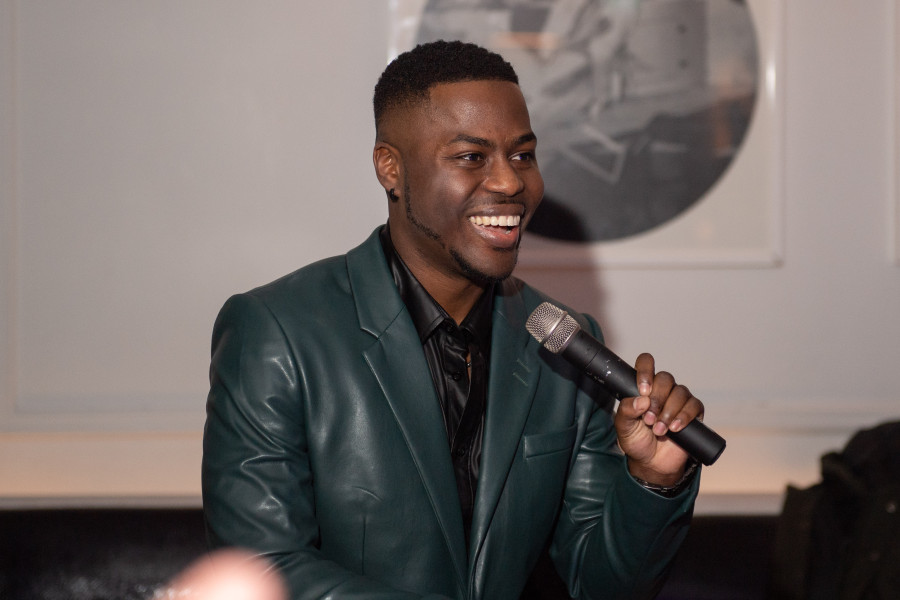
 By
By 




